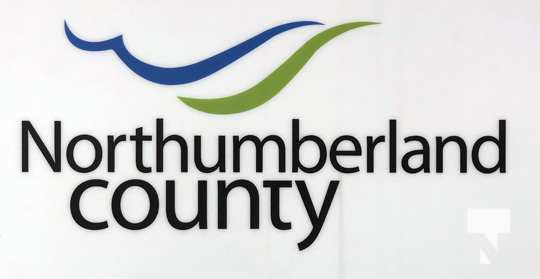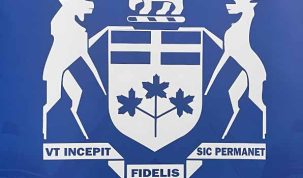After a year-long evaluation, the Commuter Connect pilot transit program, launched in September 2022, will be introducing scheduled changes next month.
The aim of this pilot was to determine the feasibility of establishing a full-time transit network connecting Northumberland communities with each other and with GO Transit services in Oshawa.
The outcome of the pilot confirmed continued momentum and growth of the Durham Line connecting to GO Transit services. However, with limited ridership growth potential and insufficient revenue generation on the inter-county Northumberland Line, County Council today voted to conclude this aspect of the pilot as of November 30th, 2023.
“The Commuter Connect pilot program has been an important initiative in understanding local needs and transit service requirements for the county,” commented Warden Mandy Martin. “Data confirms there is a clear need for viable transit options connecting residents to regional networks in Durham and beyond. For this reason, Council has directed staff to extend the evaluation timeline for the Durham Line through to the end of 2026. The County will continue to work with partners to deliver the Port Hope and Cobourg bus service to the Oshawa GO network so residents continue to have this access to jobs, medical appointments, and education and training. We will use this extended period to further assess the feasibility of funding this service over the long-term.”
Challenges posed by the vast coverage area of 500 kilometers of county roads spanning over 1,900+ square kilometers, along with limited population density in rural communities, were contributors to limited ridership on the Northumberland Line servicing Campbellford, Brighton, Colborne and Cobourg. Many residents continue to rely predominantly on personal vehicles, making it challenging for such a program to gain traction.
During the year-long pilot project, 513 one-way rider credits were sold for the Commuter Connect Northumberland Line, and 3,055 tickets for the Durham Line. $359,000 in operating expenses were incurred, with $45,000 generated in ridership revenue and $50,000 provided by the Province through Metrolinx to gain ridership data.
“While there was certainly interest in the community, the pilot has shown there is not enough demand for an inter-municipal line within Northumberland, to sustain a transit service of this scale,” indicates Warden Martin. “As a result, service on the Northumberland Line will conclude as of November 30th. We know this news will be disappointing for many of our riders who have relied on this service to connect to other communities in Northumberland. Unfortunately, despite a comprehensive marketing awareness campaign, the significant resident interest did not translate into sufficient ridership.”
County Director of Economic Development, Planning & Strategic Initiatives Dan Borowec, reflecting on the partnerships that have made this initiative possible, notes: “Community Care Northumberland has been an essential partner in the delivery of this pilot, providing bus service for the Northumberland Line. We have appreciated their support and collaboration to test this service. And we also thank our Northumberland Line riders, who climbed aboard and helped the County to gain a better understanding of transit needs in our community.”
For questions about the year-long transit pilot and the decision to conclude the Northumberland Line, email communications@northumberland.ca.
Northumberland County will continue to work with transportation logistics coordinator Hop In Technologies and Eastern Charter bus company to extend the evaluation of the Commuter Connect Durham Line service through to the end of 2026. For more information about Commuter Connect, including questions about purchasing or redeeming rider credits, visit commuterconnect.ca or email hopin@commuterconnect.ca.






















